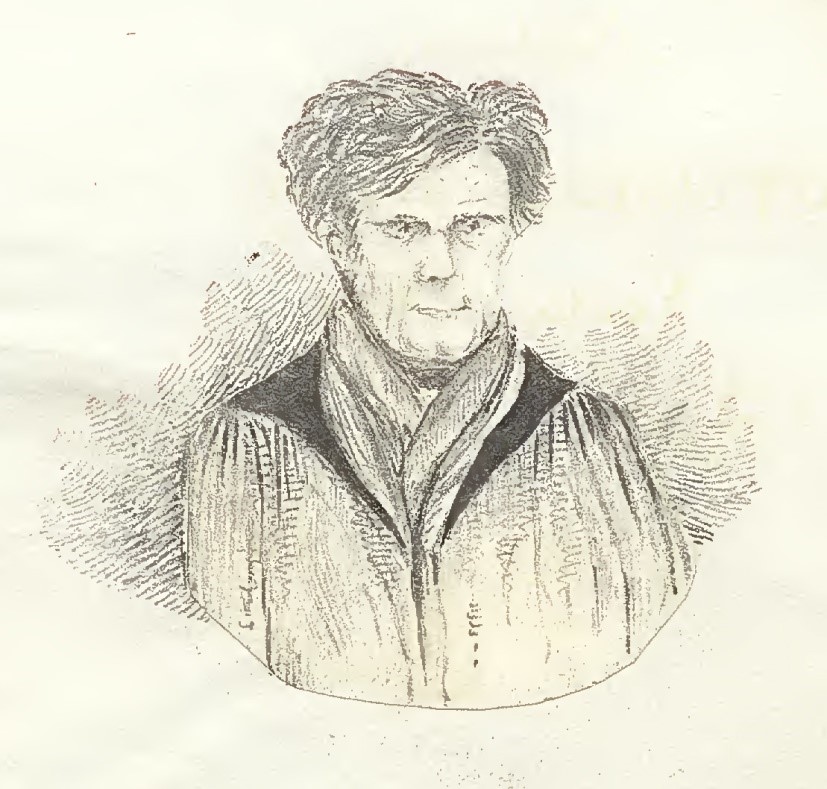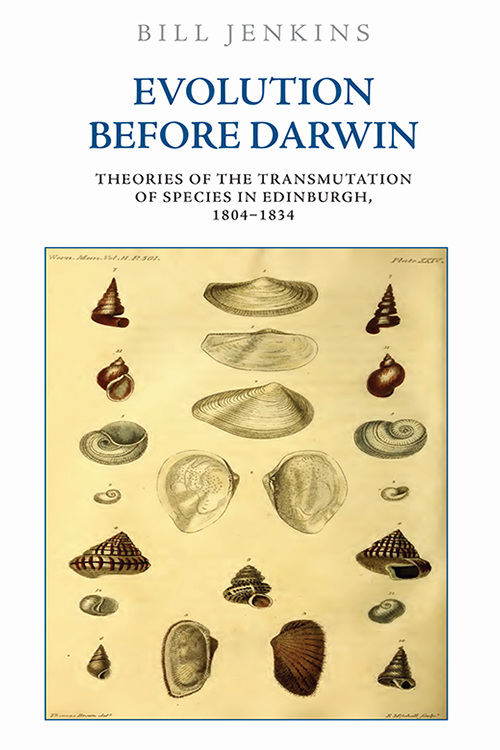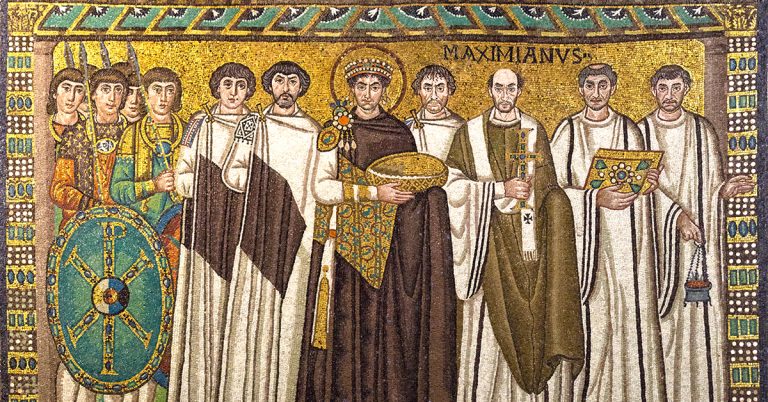
Bill Jenkins introduces us to the short life and tragic death of Henry H. Cheek, a pre-Darwinian evolutionist.
At the University of Edinburgh
In many popular accounts of the theory of evolution the reader could be forgiven for coming away with the impression that evolution was largely invented by Charles Darwin between his return from the famous voyage of the Beagle in 1836 and the publication of the Origin of Species in 1859. Nothing could be further from the truth. When Darwin was a medical student at the University of Edinburgh between 1825 and 1827, he found himself in the company of a number of ardent proponents of evolution, or the transmutation of species, as it was then called. One of these was Henry H. Cheek.
Unlike Darwin, Cheek was from a relatively modest background. His father was a solicitor from Manchester, where Henry H. Cheek was born in 1807. His family were, however, sufficiently wealthy to send him to study medicine at the University of Edinburgh in 1826. Edinburgh in the mid-1820s was seething with new ideas about the natural world. From his lectures at the University and the city’s extra-mural anatomy schools, and in the lively meetings of the Plinian Natural History Society, Cheek imbibed a rich brew of the latest theories regarding the origin and evolution of species. The Plinian Society in particular was a hotbed of radical new ideas, fearlessly discussed by its student members. Unlike many of his fellow students, Cheek has left us a good record of his evolutionary speculations in both his unpublished writings and a number of journal articles.

A caricature of Robert Jameson from an anonymous set of student notes dated 1831–2. Courtesy of National Museums Scotland.
In 1829 Henry H. Cheek and William Francis Ainsworth, both still students, took the surprising step of founding their own scientific journal, the Edinburgh Journal of Natural and Geographical Science. Here they could share their new ideas with a wider audience and publish articles by like-minded Edinburgh natural historians. This was a bold move, and Cheek soon found himself in difficulties as a result. In his journal he dared to publicly rebuke Edinburgh’s powerful and well-connected professor of natural history, Robert Jameson. He chastised the professor for his arbitrary and autocratic management of the University’s natural history museum and the Wernerian Natural History Society, and went on to deride Jameson’s lectures as ‘only calculated to delude.’ Jameson’s friend, the printer and botanist Patrick Neill leapt to his defence in two pamphlets in which he savagely slapped down the young upstart. Edinburgh natural history circles rapidly divided between those who remained loyal to the professor and those who supported the young challenger. But in this unequal contest it was clear what the outcome would be.
After Edinburgh
Having failed to revolutionise natural history in his adopted home, Cheek left Edinburgh in 1832 with the intention of practicing medicine in his native Manchester. However, it seems that Cheek’s career was blighted by the scandal he had created in Edinburgh. His prospects dashed, in 1833 Henry H. Cheek decided to take his own life. In 1842 Ainsworth wrote a short eulogy to his friend. In it he tells us that Cheek was ‘a young man of gentlemanlike feeling, good classical acquirements, and most zealous talent, but sanguine, and nervously susceptible’ who had found that ‘to meddle with science was to be expelled from all fraternity in the profession; the effect upon his mental constitution was so great, that he never recovered the shock, and shortly afterwards withdrew himself – by a sad, self-inflicted death – from a world he appears to have been unfitted for.’
Evolution before Darwin: Theories of the Transmutation of Species in Edinburgh, 1804–34 by Bill Jenkins was published by Edinburgh University Press in October 2019.





